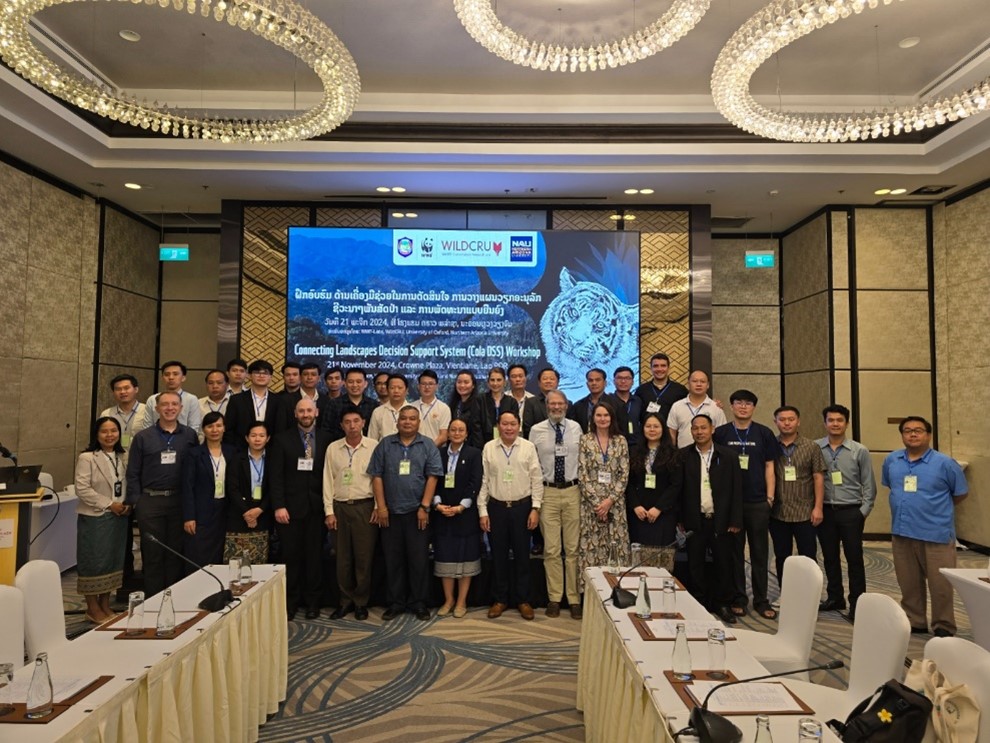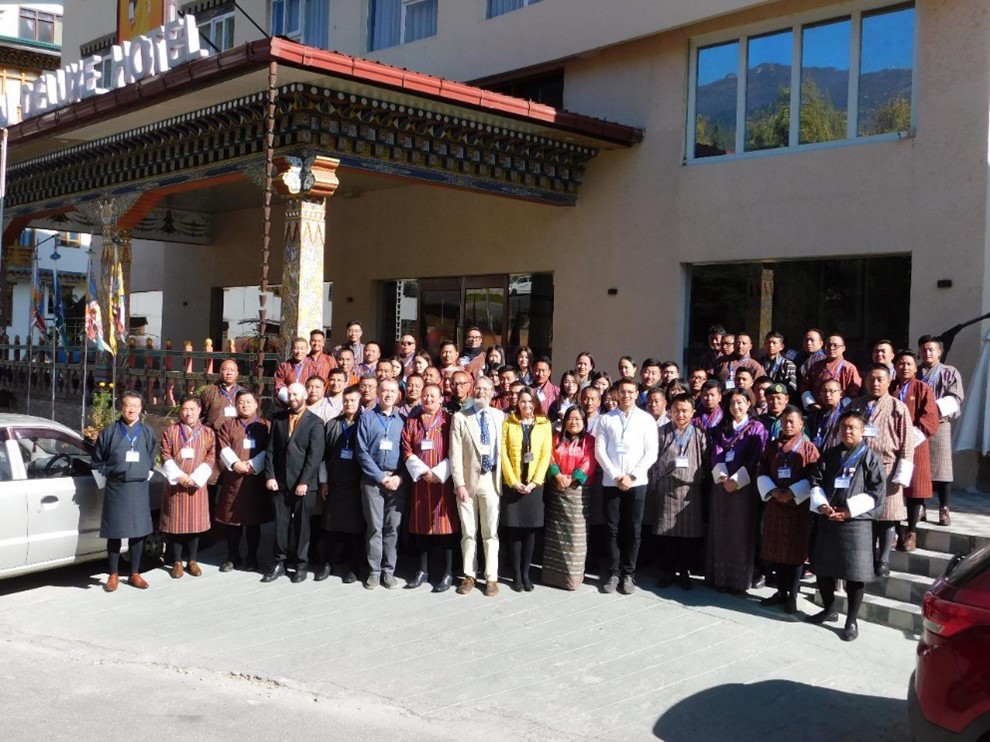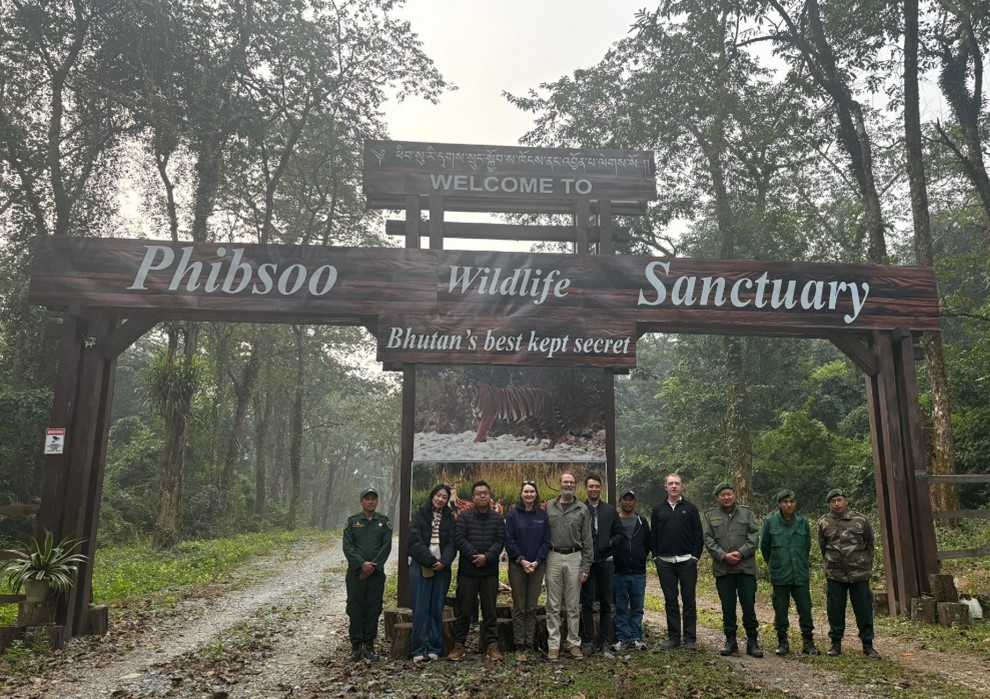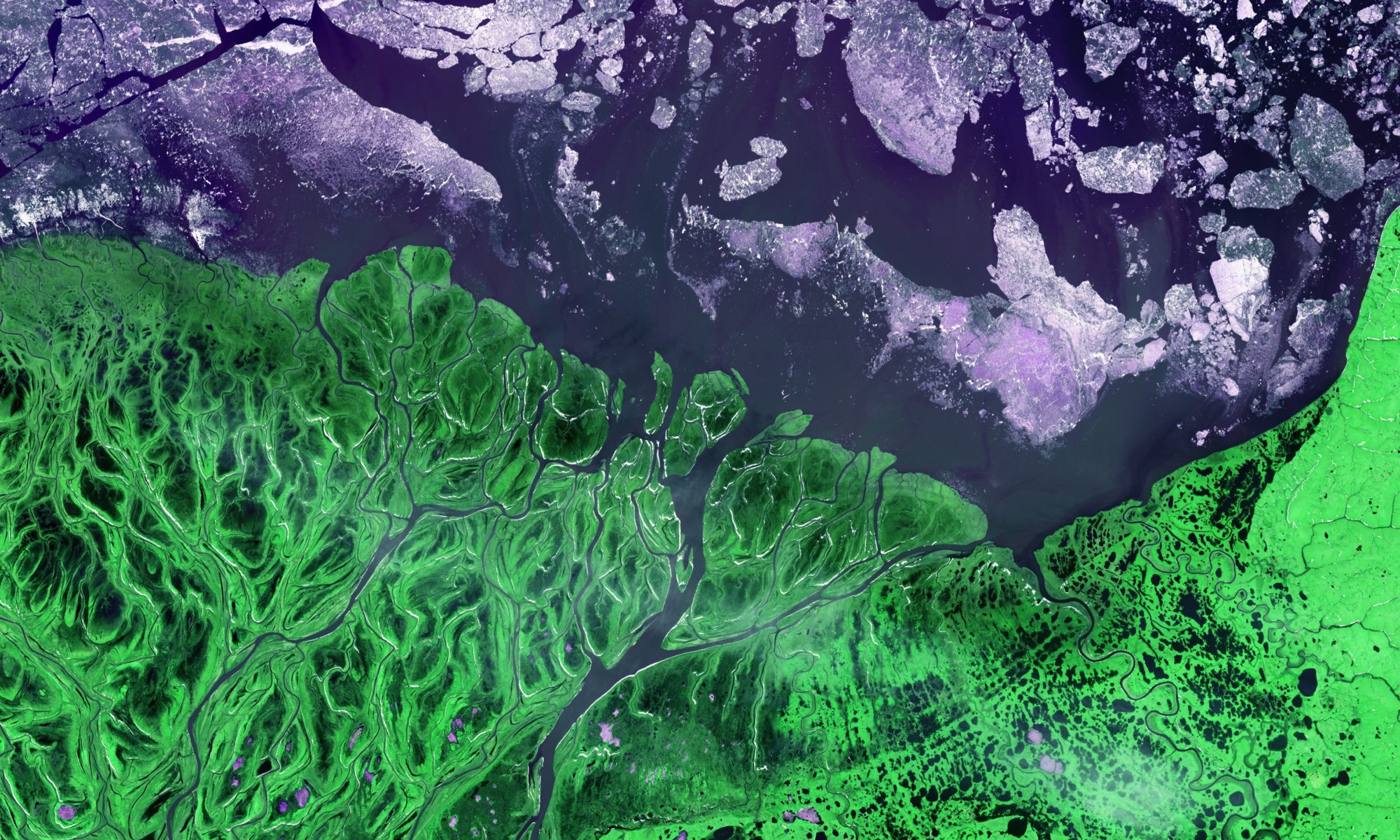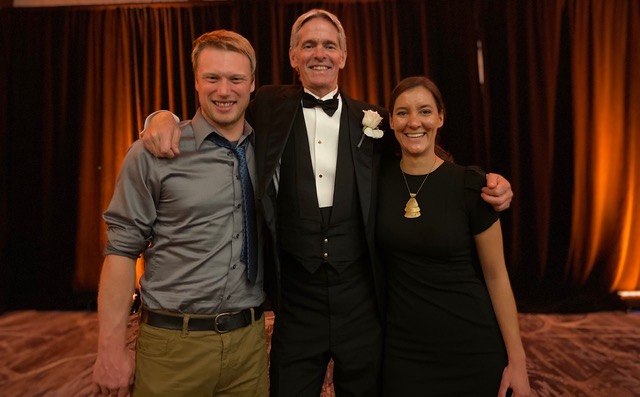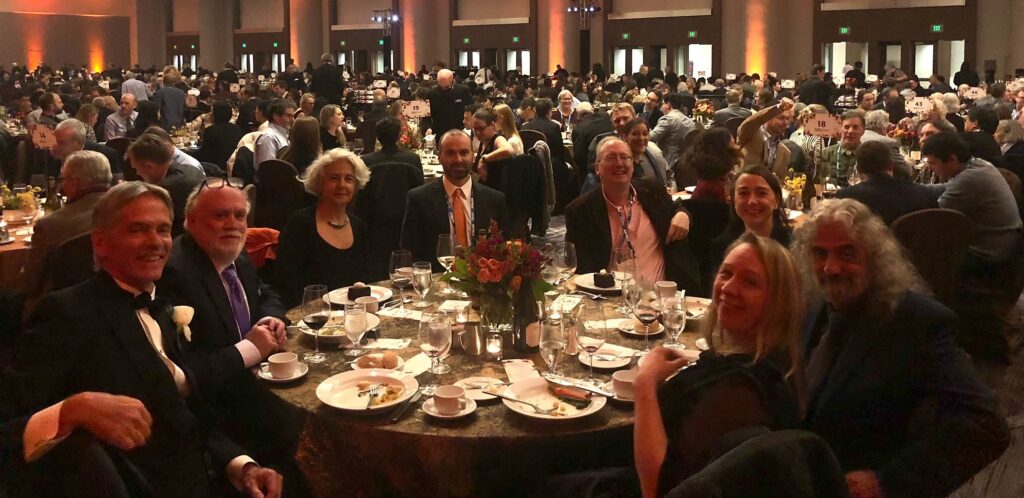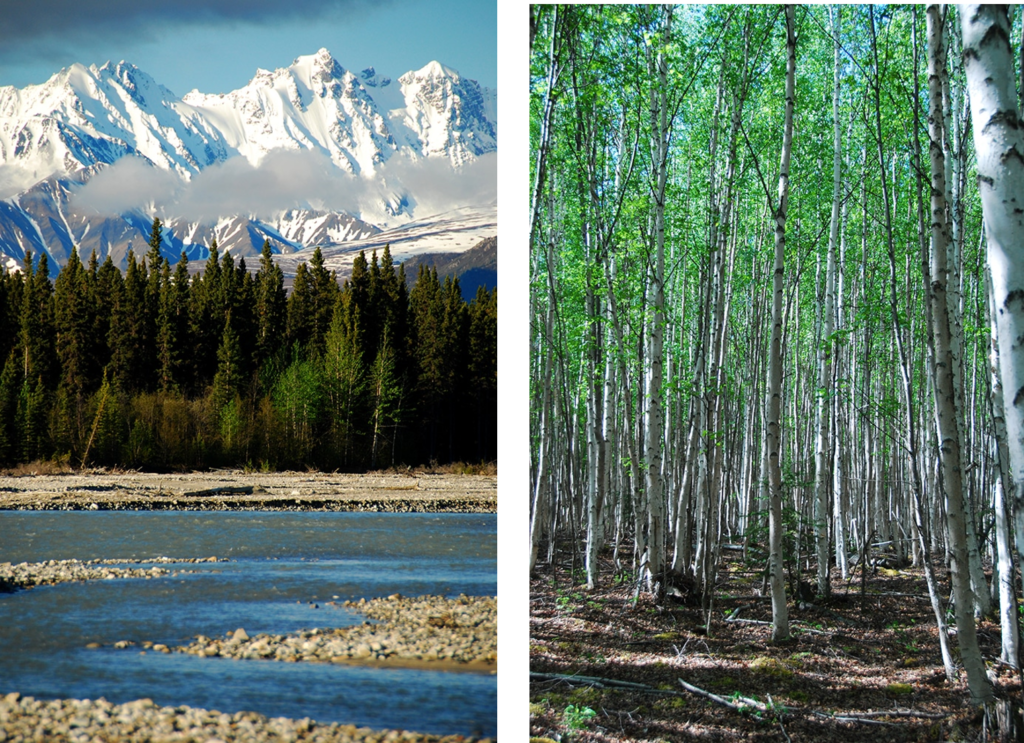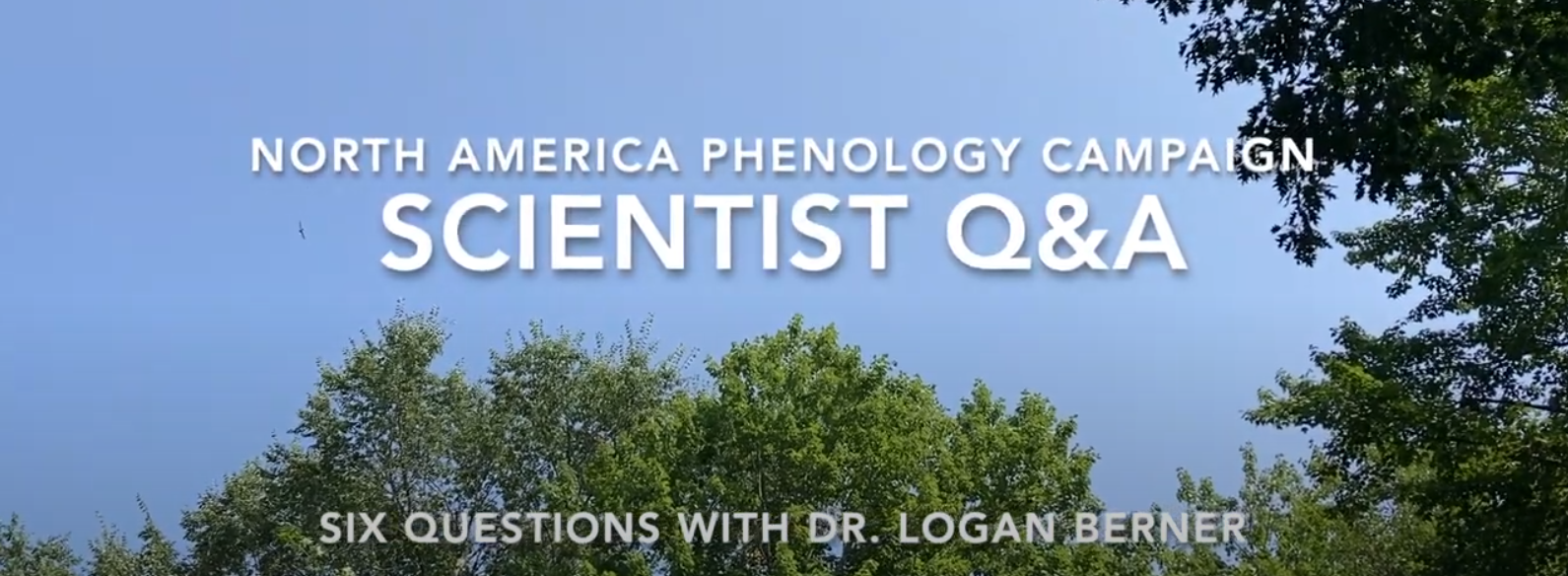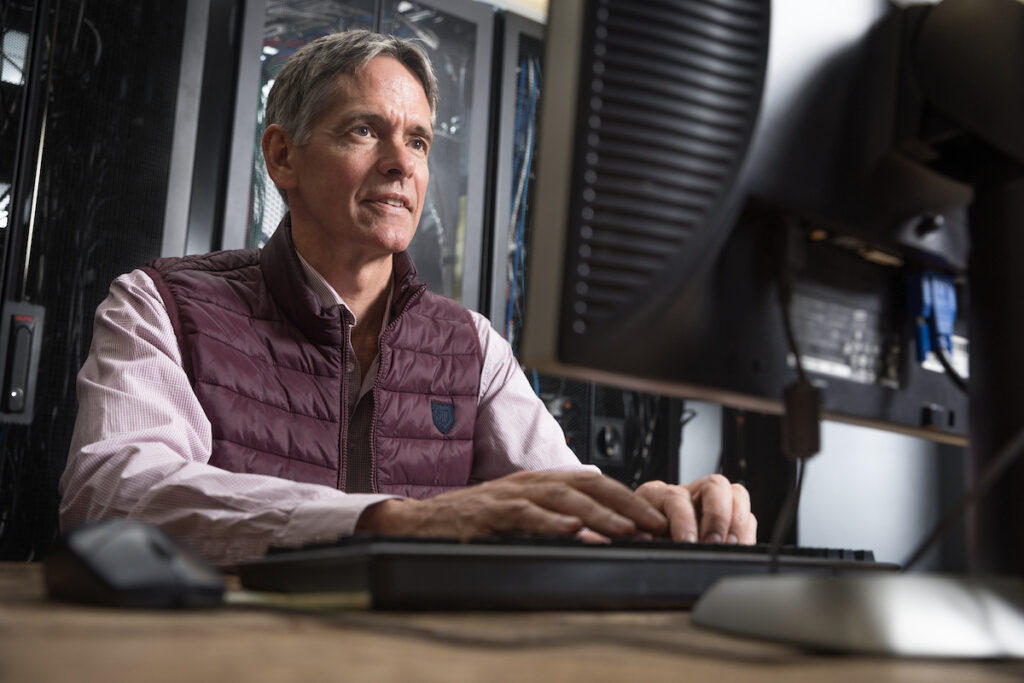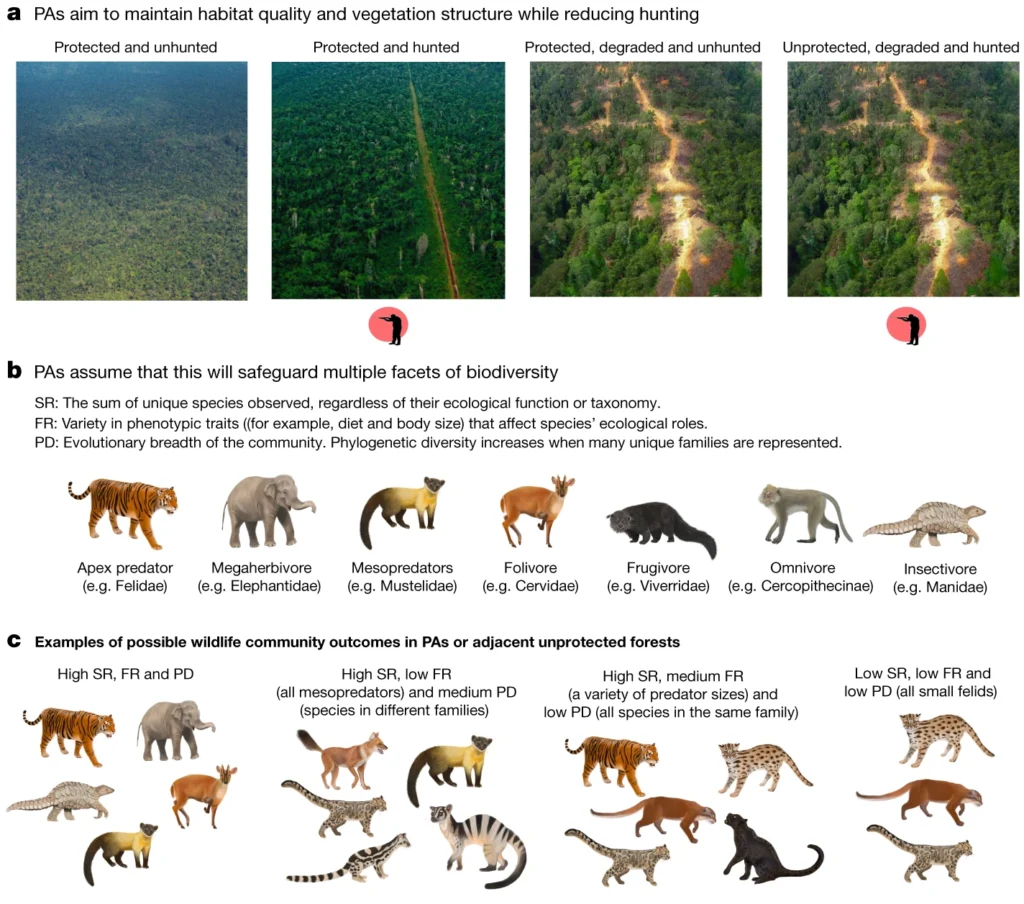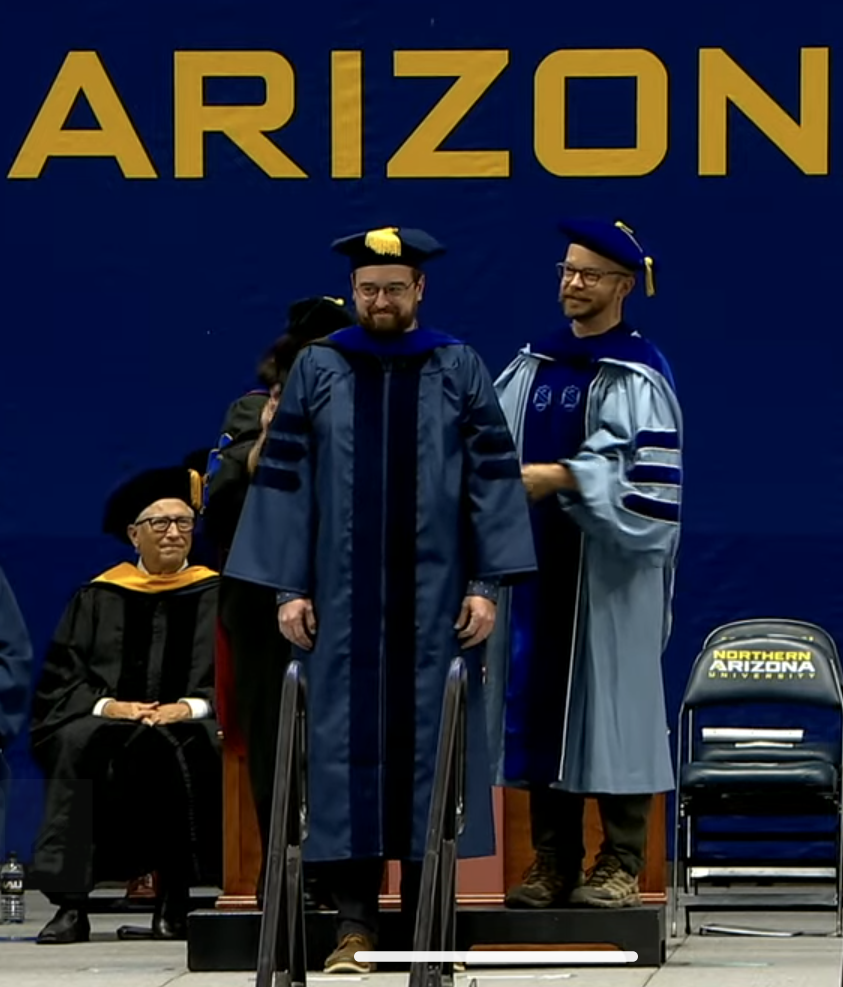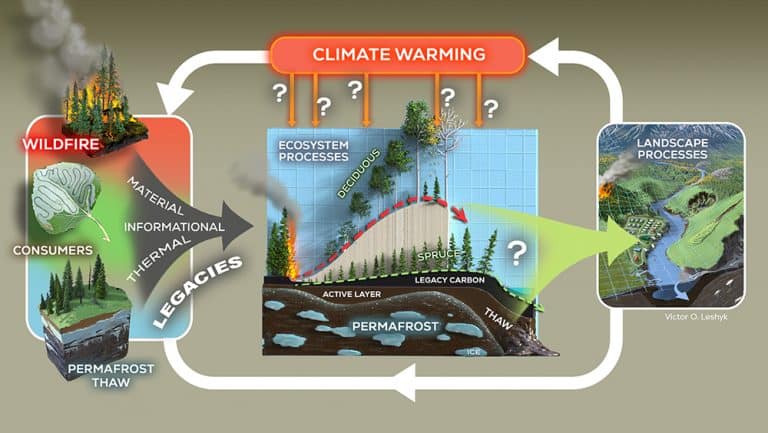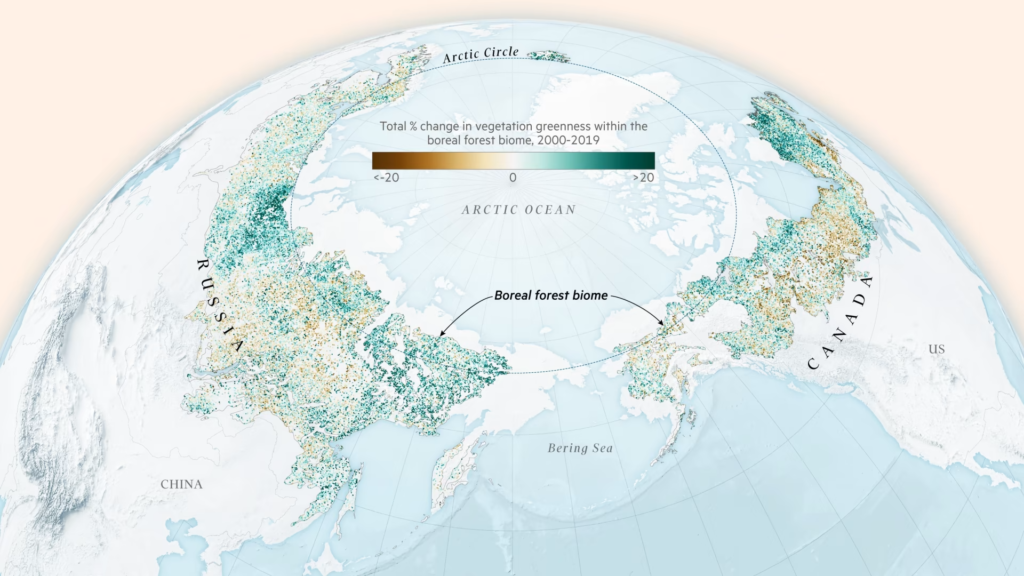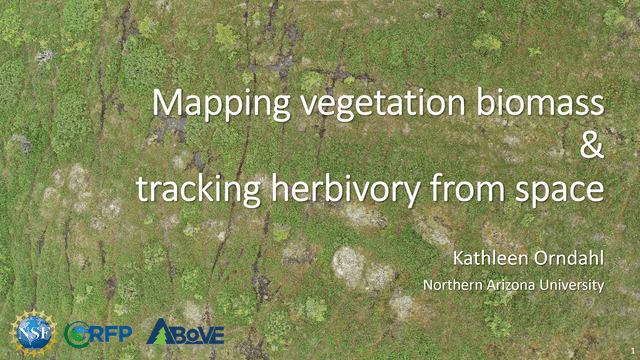GEODE research professor Patrick Jantz and Ph.D. candidate Ivan Gonzalez, with partners at the Wildlife Conservation Research Unit (WildCRU) at the University of Oxford, recently presented the Connecting Landscapes Decision Support System (CoLa DSS) at three, one-day workshops in Vientiane, Laos; Bangkok, Thailand; and Thimphu, Bhutan. In Bhutan, the team was honored to be part of an official national workshop. This designation facilitated participation by forest officers from across the country.
CoLa, supported by the NASA Biological Diversity and Ecological Conservation program, builds on tools developed by WildCRU and collaborators at the University of Montana and the U.S. Forest Service, updating and extending them in an easy-to-use, map-based interface.
At each workshop, the team gave participants an overview of the state of connectivity conservation science, introduced them to the CoLa DSS, presented local case studies developed with local partners, and then facilitated exploration of the software hosted on a Google Cloud server. Over 100 participants attended the workshops, representing government agencies, NGOs, and universities. Thanks to the tremendous effort by our collaborators to make these workshops a reality. And stay tuned for case study publications and official release of the CoLa DSS in 2025!
